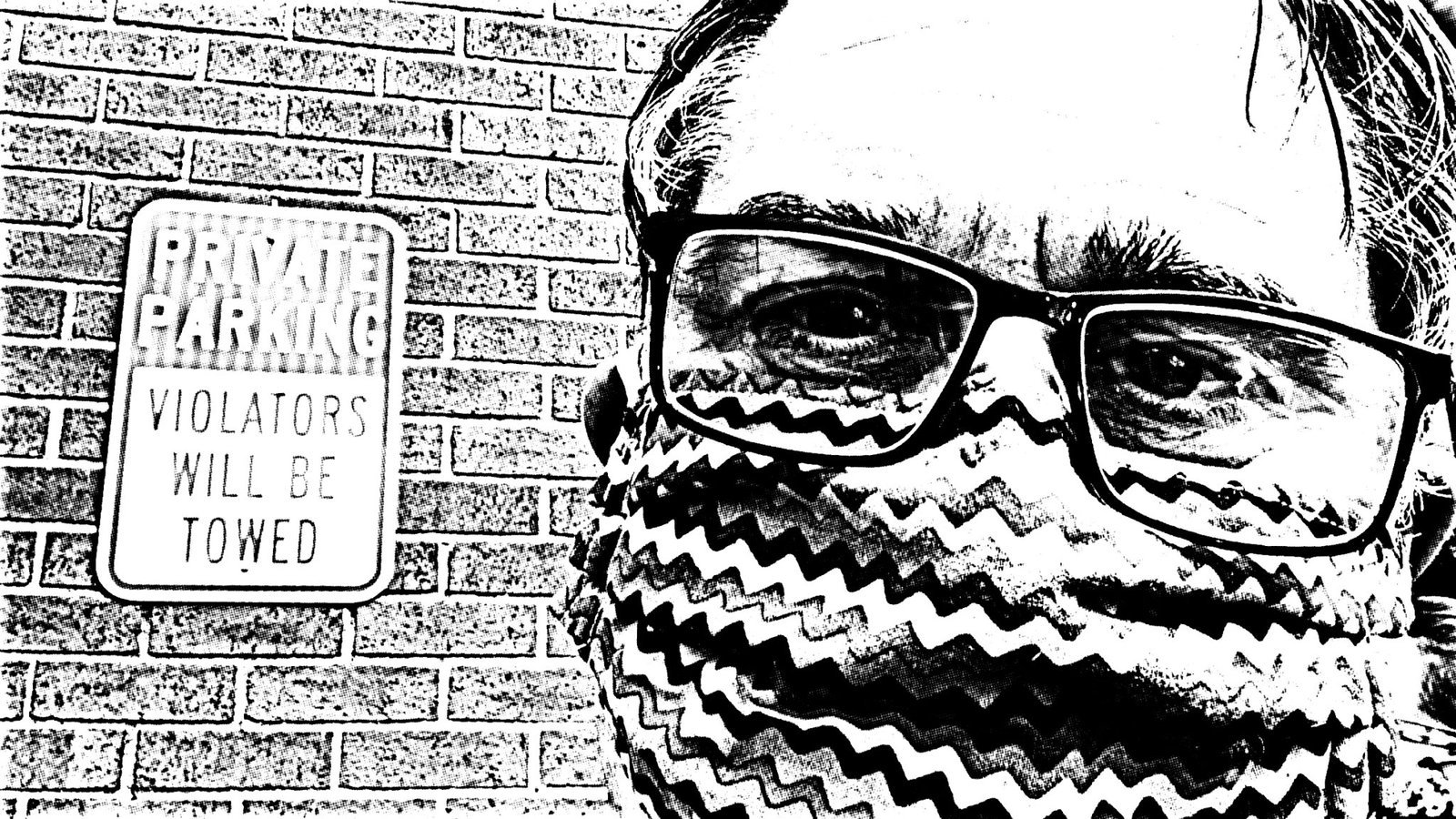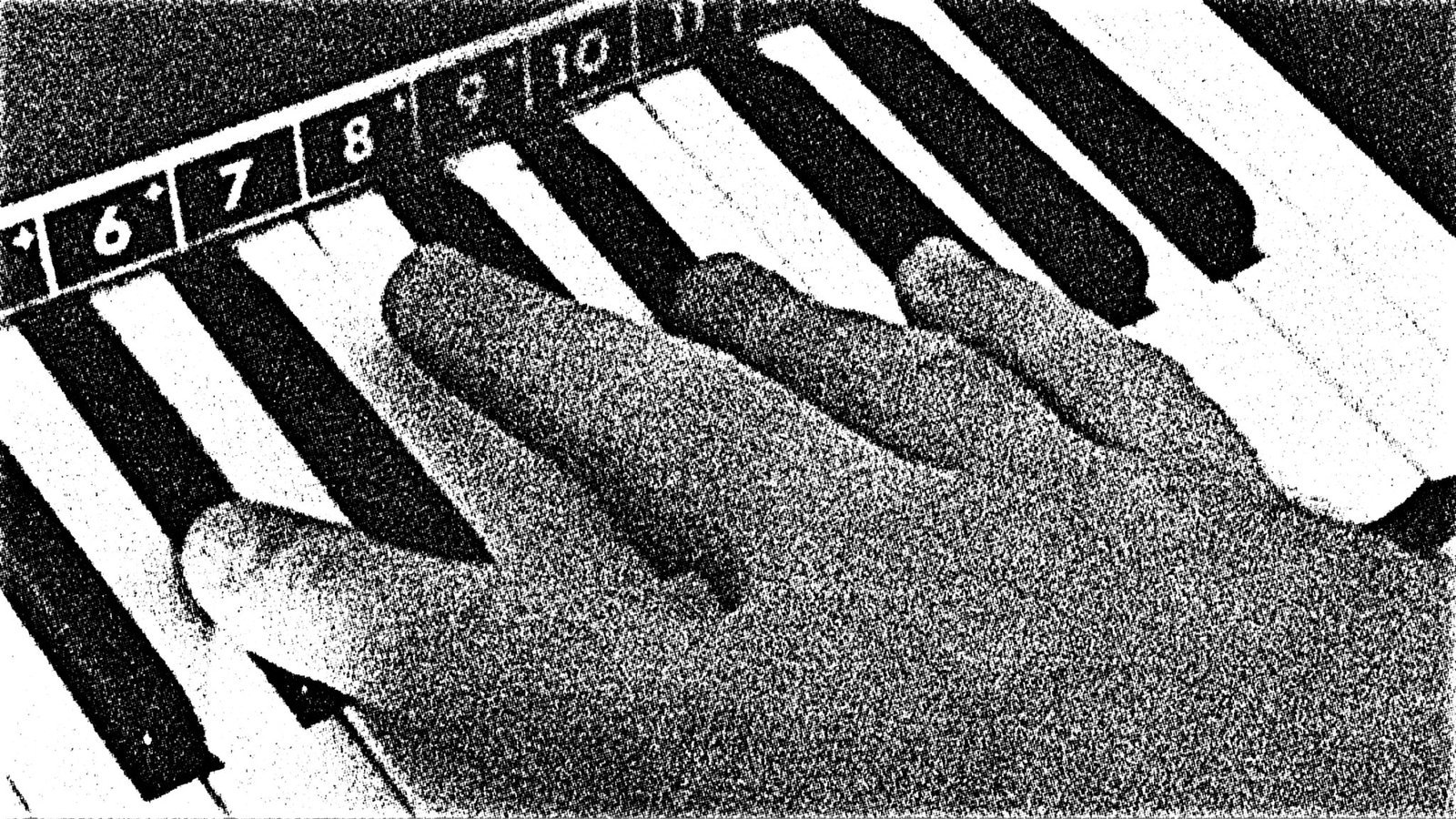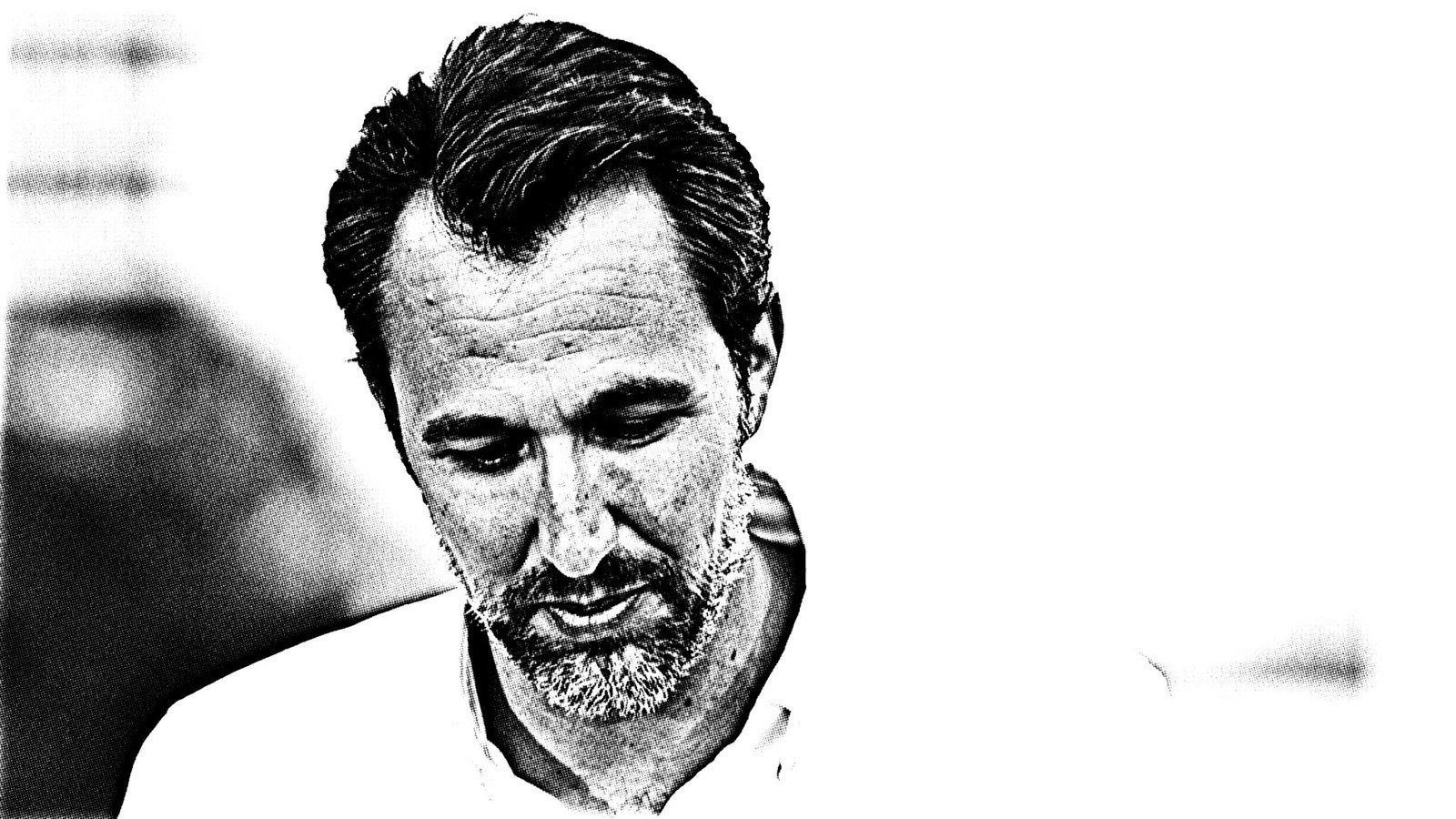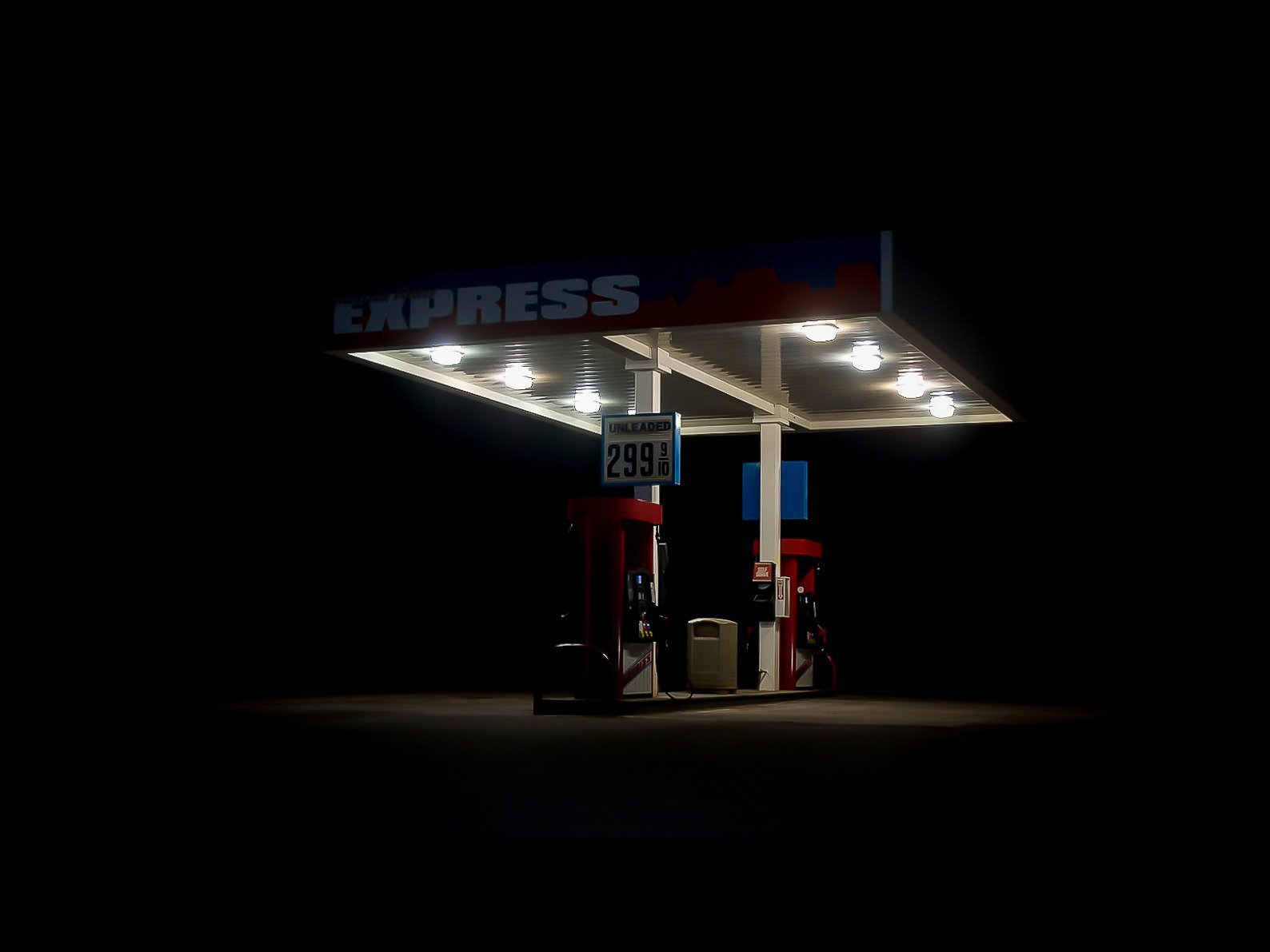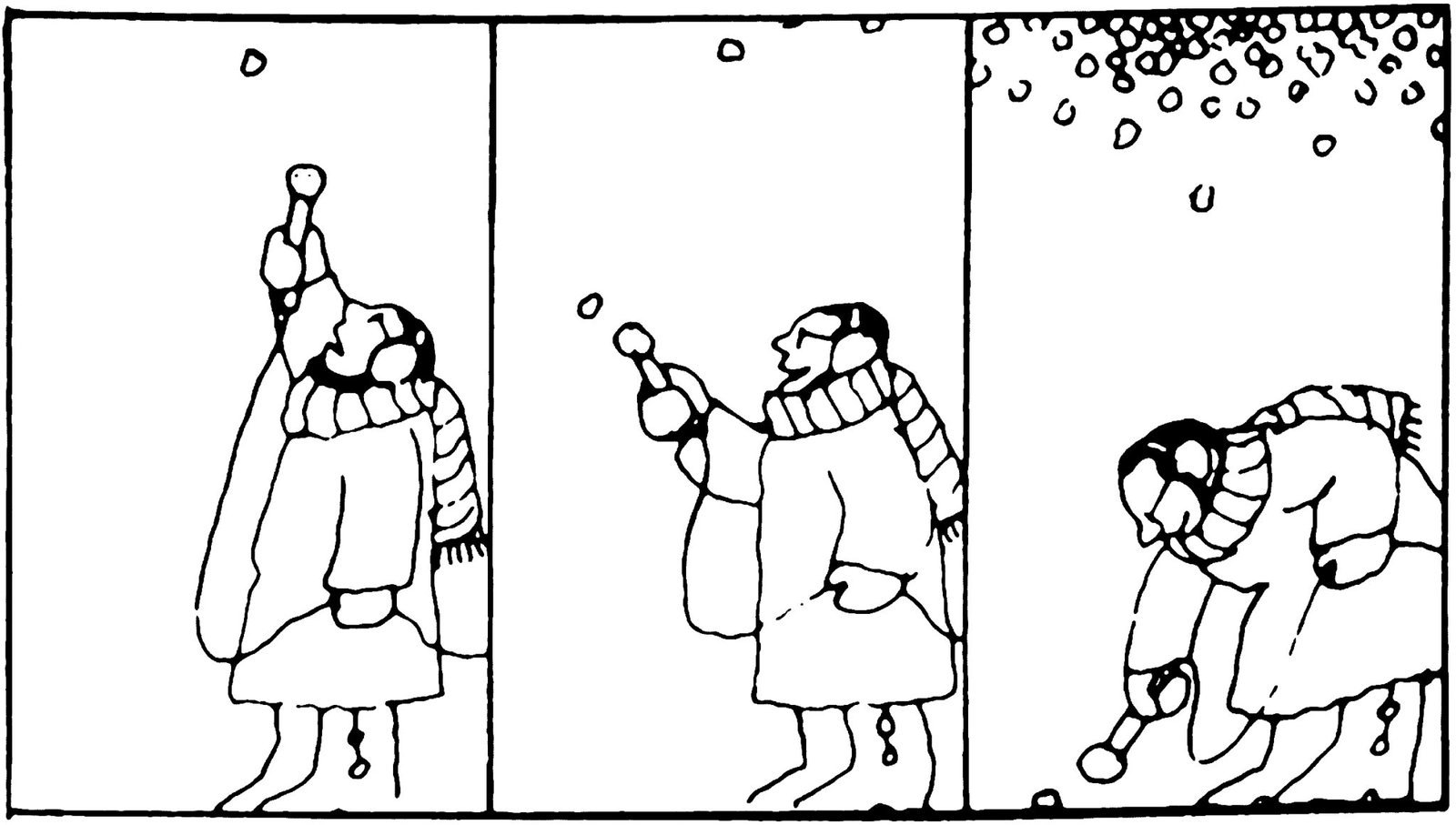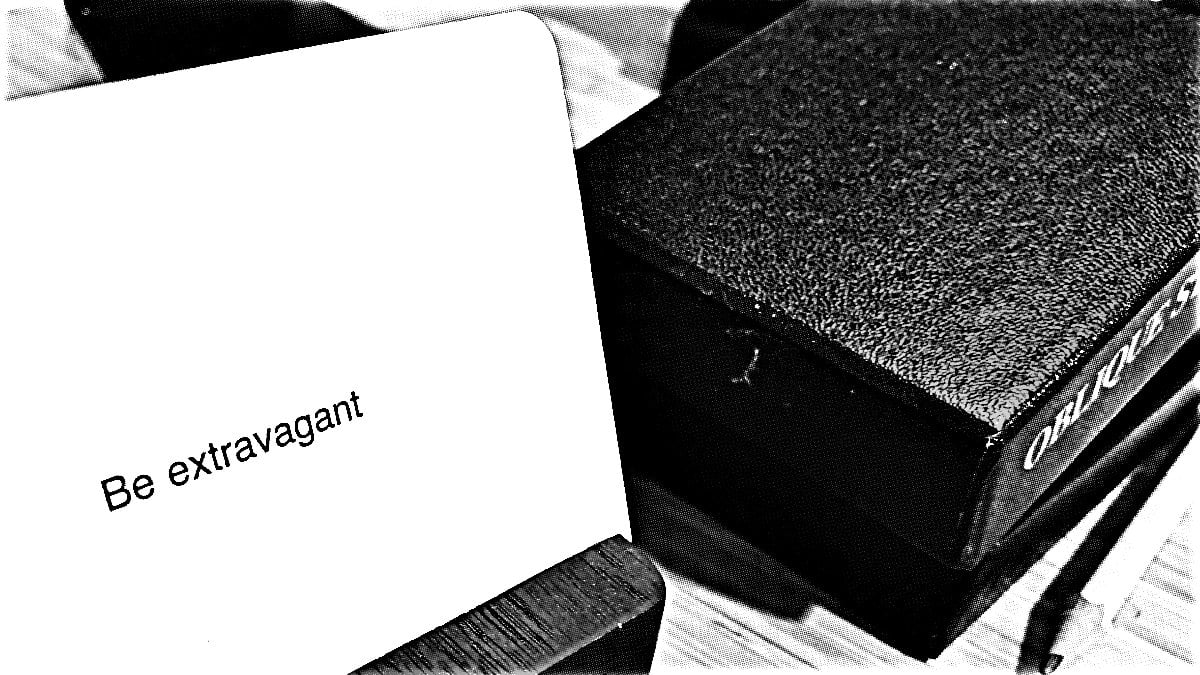
Perhaps you’ve noticed that this blog is alive once more, after a long and mysterious absence. My newsletter came to a skidding halt about seven months ago, and the blog’s been eerily silent. The only place you could openly find me all this time was Twitter, which is simply embarrassing.
I wrote about this on Twitter last August with an optimistic tone that, in retrospect, was perhaps jumping the gun a little. Expanding on that thread, I’ll say that I was (and am) exhausted — just like many of you. As COVID-times dragged on and on and on and the vicious news cycle dragged on and on and on, the ennui gathered into mountains. There was nothing I wanted to write about. Nothing in my head, nothing inspiring, nothing exciting to document in the early morning hours. Even my journal, updated almost daily for years, went dark.
Luckily my professional life doesn’t rely on writing, so I had the luxury to stop and wait. Nevertheless, I knew that I was hardly alone in this stifled feeling. And, heeding the advice of those talented enough to write through this malaise, I knew the best strategy was to not stress out about my lack of motivation. The recommended move was actually to lean into it — do other things, find new hobbies, read lots of books, and occupy the brain with something other than the fact that the creative plumbing’s sprung a bad leak.
So, that’s what I did. I shifted focus to my spunky music label, 8D Industries. I learned to make tasty and fiery hot sauces (which became a gateway drug to vegan cooking). I got actively involved with marketing Caroline’s growing Kitten School channel. I spent a lot more time with family as I successfully and safely moved mom to a house next door during a pandemic. And I started getting involved in freelance podcast production.
Several months ago, I was hired to edit and co-produce Andrew Loog Oldham’s Sounds and Vision podcast, and the experience has been a delight. If you don’t know, Andrew is the original manager and producer for The Rolling Stones — as just one of his too-many-to-list-here historical music adventures — and he’s got stories for days. Check out the podcast if you’re even a little curious. It’s a lot of fun. I’d recommend the Elliot Easton (guitarist with The Cars) episode for a starter as it’s got lots of juicy behind-the-music-industry tales.
Meanwhile, the writing bug has finally returned over the last couple of months (along with the music bug, but that’s another story). As arbitrary as ‘the new year’ is as a signifier, it’s still a useful prompt to refresh. And that’s what I plan to do. On the immediate agenda: make some changes to the blog (currently in progress!), start blogging regularly again, and then, once firmly in the saddle, relaunch the newsletter. Voilà. Easier said than done, right? But I’m excited nonetheless, and that’s an accomplishment in and of itself.
I’ll finish this deep gaze into my navel with a few notes about the newsletter.
First off, I’m retiring Ringo Dreams of Lawn Care. I consider Ringo its own series (in the television sense) and a moment-in-time capsule. I’ll call the relaunched newsletter something else (tbd). It’ll have a different format, but I’ll cover the same genre of topics.
Also, the newsletter won’t be on Substack. I’m exploring a combination of Sendy and Newsletter Glue to host the newsletter on this site. This change potentially sets up a roadblock of discouragement as it’s complicated (oh jeez I’ve got to figure out what a VPS server is). But I want to learn newsletter self-hosting partly as a self-challenge and also to be able to teach others how it’s done.
If you’re a Ringo subscriber your subscription will automatically transfer to the new entity once I’m ready to roll. You don’t have to do anything, unless you’d like to unsubscribe, which you can do at any time (including now if you’d like). If you’re not subscribed, go ahead and use the Substack sign-up form found in the sidebar of this site. I’ll add your address for the new incarnation of the newsletter upon launch.
❋-❋-❋-❋-❋-❋-❋-❋
Another personal update: I released a song at midnight on January 1.
Grottoes is a long-imagined project, revealed as I finally step away from Q-Burns Abstract Message. Yes, the AUDIOTOTEMPOLE EP was always meant as a closing of the door. And Grottoes predates “Touchtones (1997),” the earliest reference on that EP. I tried and failed to start a band called Grotto in the early ’90s after the dissolution of my much-beloved (by us and some others) band Tick Tick Tock. There are too many other bands called Grotto nowadays, so Grottoes it is. It looks mightier written as text that way, so win-win.
The quiet first appearance of Grottoes was a remix for Brighton’s The Self-Help Group and the song “Temple OS” (a fine song in its own right, btw). That one was recorded in mid-2021, during my supposed creative lag, and is the last time I worked on something musical. I hoped this would spark other Grottoes tunes to serve as accompanying tracks for something called “Straw Belle.”
“Straw Belle” isn’t new. I started recording it maybe three or four years ago, and it’s a song that I revisited and tweaked periodically. I settled on a final version at some point in late 2019. I feel it’s one of the best things I’ve recorded. And I held it tight — only about four people have heard “Straw Belle” before today — under the assumption that I’d record a few more songs like it and release an EP. As you probably guessed, that never happened.
After encouragement during a catch-up phone chat with my friend Jeff (the bass player in even earlier attempts at bands), I realized that “Straw Belle” would never see the light of day if I attached it to the loose promise of ‘other songs like it.’ So I decided it should finally come out on its own, and, as this revelation came at the end of 2021, New Year’s Day seemed like a novel release date.
For your consideration, here’s “Straw Belle” by Grottoes. Artwork by Matthew Naquin. Secret assistance from The Imprisoned Wizard. Sounds like group homes, wavering spaces, pangs of crunch, tones from belief, e-bow symphonies. I hope you like it. Please tell the others if you do.
Addendum: The Orlando Weekly‘s Bao Le-Huu wrote about my musical shift to Grottoes and scared a few headline skimmers by declaring me dead.
